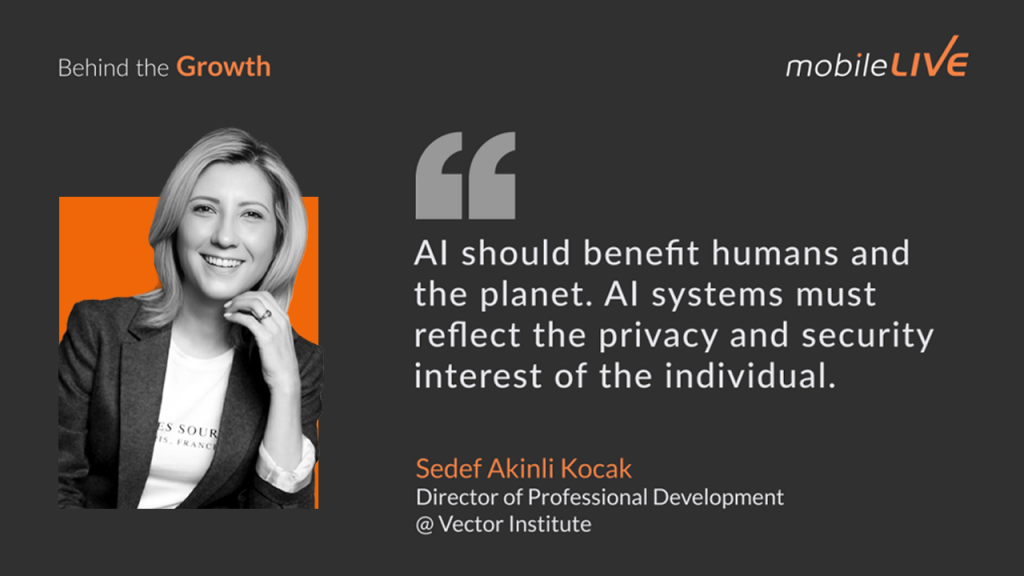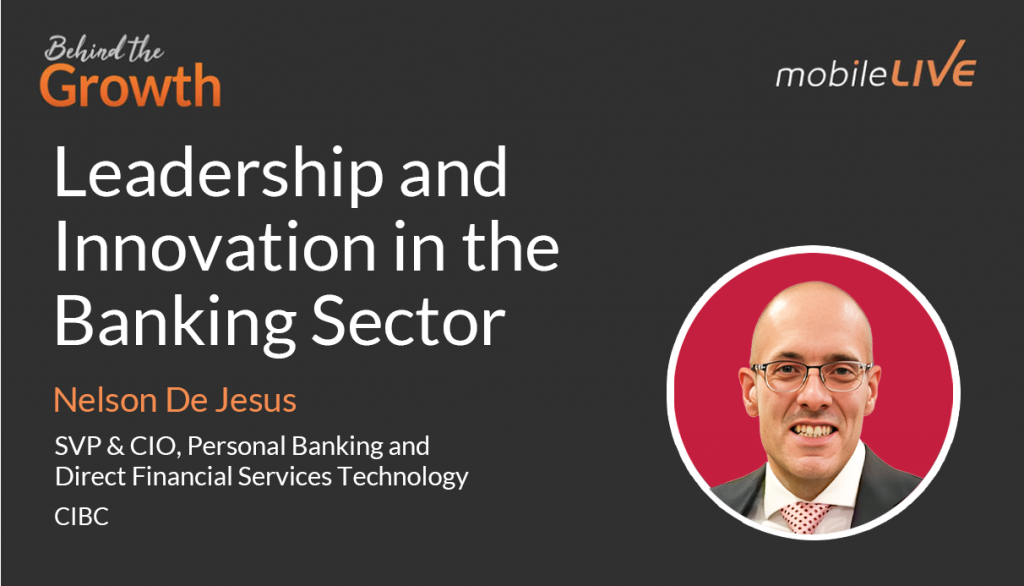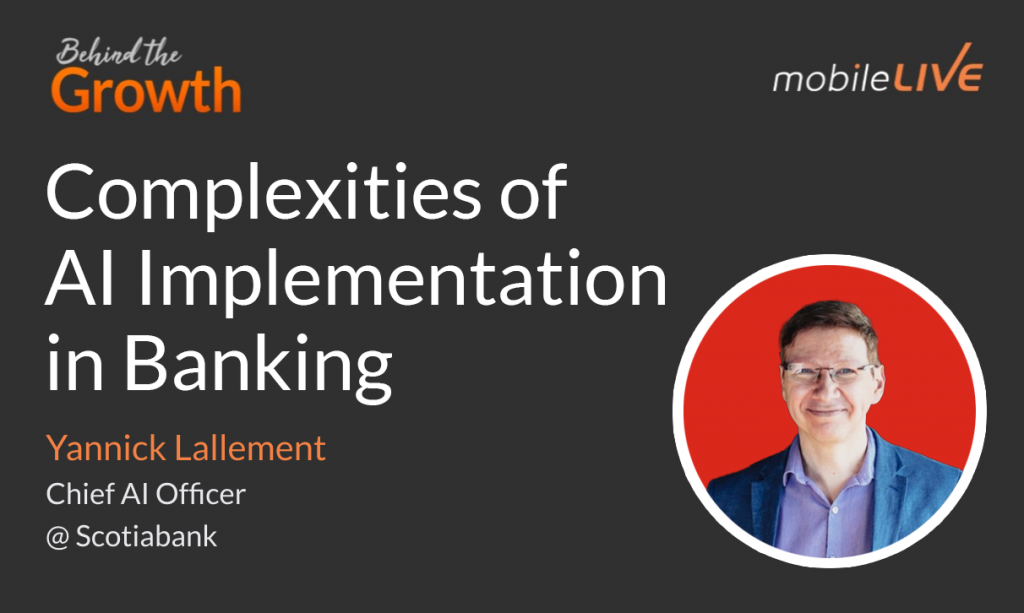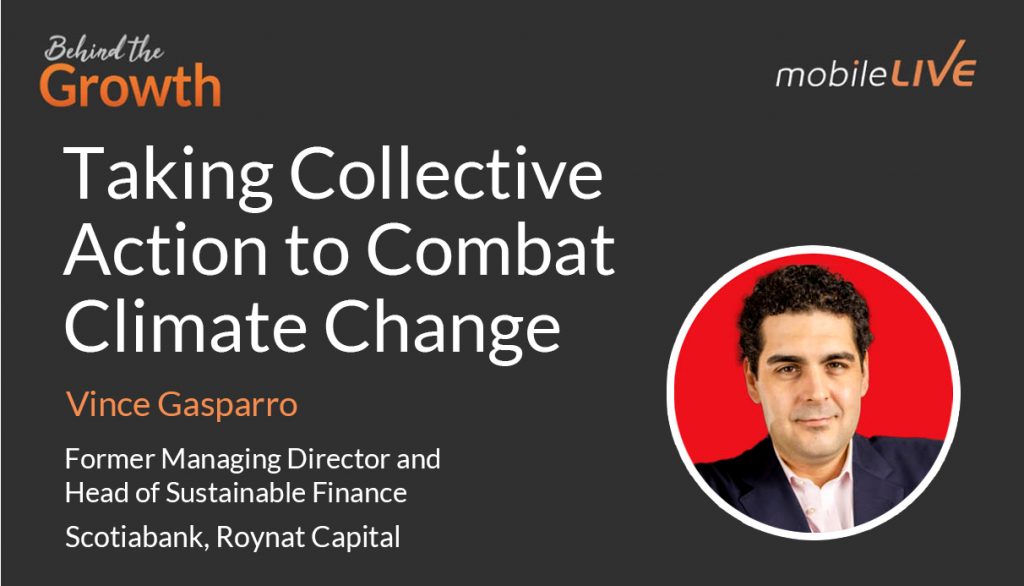Key Insights
Leveraging AI for Environmental Sustainability
Sedef Akinli Kocak discusses the critical role of artificial intelligence in addressing sustainability challenges. By integrating AI into various systems, there’s a potential to significantly reduce environmental impact through smarter resource management and energy consumption. This insight underscores the importance of developing AI technologies that are not only innovative but also conscious of their ecological footprint, highlighting a path forward where technology and environmental stewardship intersect.
Vector Institute: Pioneering AI Research and Development
The Vector Institute stands out as a beacon of AI research and development, fostering an ecosystem where academia, industry, and talent converge to push the boundaries of what’s possible with AI. Sedef’s involvement with the Institute exemplifies the collaborative effort required to maintain Canada’s position at the forefront of the global AI landscape. This insight sheds light on the Institute’s role in catalyzing groundbreaking advancements and its commitment to excellence in the AI community.
Connecting AI Research with Practical Applications
Sedef Akinli Kocak’s work in professional development at the Vector Institute highlights the essential bridge between cutting-edge research and its application within the industry. By translating complex AI research into actionable insights and tools for businesses, the Vector Institute is addressing the gap between technological advancement and practical implementation. This insight emphasizes the importance of education and collaboration in ensuring that AI technologies fulfill their potential to drive business value and societal progress.

Episode Highlights
Sedef Akinli Kocak’s Journey in AI
Sedef discusses her role at the Vector Institute, her motivation for working in AI, and the bridge between technological advancements and industry applications. Her journey from a project manager to the Director of Professional Development is outlined, reflecting her desire to leverage AI for business value and societal impact.
“Leading the professional development team at Vector […] combines academic rigor with practical application to drive business value to our industry companies, medium-sized enterprises, and other partners.”
The Role of the Vector Institute in Canada’s AI Ecosystem
This part discusses the Vector Institute’s mission, established as part of the Pan-Canadian AI Strategy. It emphasizes the institute’s role in driving excellence, fostering economic growth, and improving Canadians’ lives through AI. Collaboration with industry sponsors and academic institutions is underscored as a key element in achieving these goals.
“Vector Institute was founded in 2017 […] to lead Canada’s in the global AI revolution […] to drive excellence and leadership in Canada’s knowledge and use of AI.”
Collaboration and Innovation at the Vector Institute
The discussion here focuses on the Vector Institute’s collaborative efforts within the global AI community, including research and innovation collaborations that push the boundaries of machine learning. The institute’s role in addressing business problems through AI technologies and advancing skills in the industry is highlighted.
“Researchers and our faculty members […] publish top machine learning conferences and journals to push boundaries and be an inspiration to other researchers in the field.”
The Intersection of Sustainability and Artificial Intelligence
Sedef emphasizes the importance of considering sustainability in multiple dimensions, especially when deploying AI technologies. She discusses the immediate and rebound effects of using advanced systems and the necessity to address these impacts for sustainable development. This segment sets the stage for a deep dive into how AI can contribute to addressing the climate crisis and the broader sustainability challenges.
“When you look at sustainability, we have to look at all these 5 dimensions as well as the 3 order effect. What will be the immediate effect, what will be the rebound effect when we use those systems […] And then we have to encounter those ones.”







